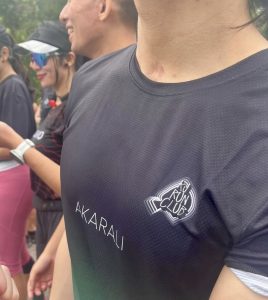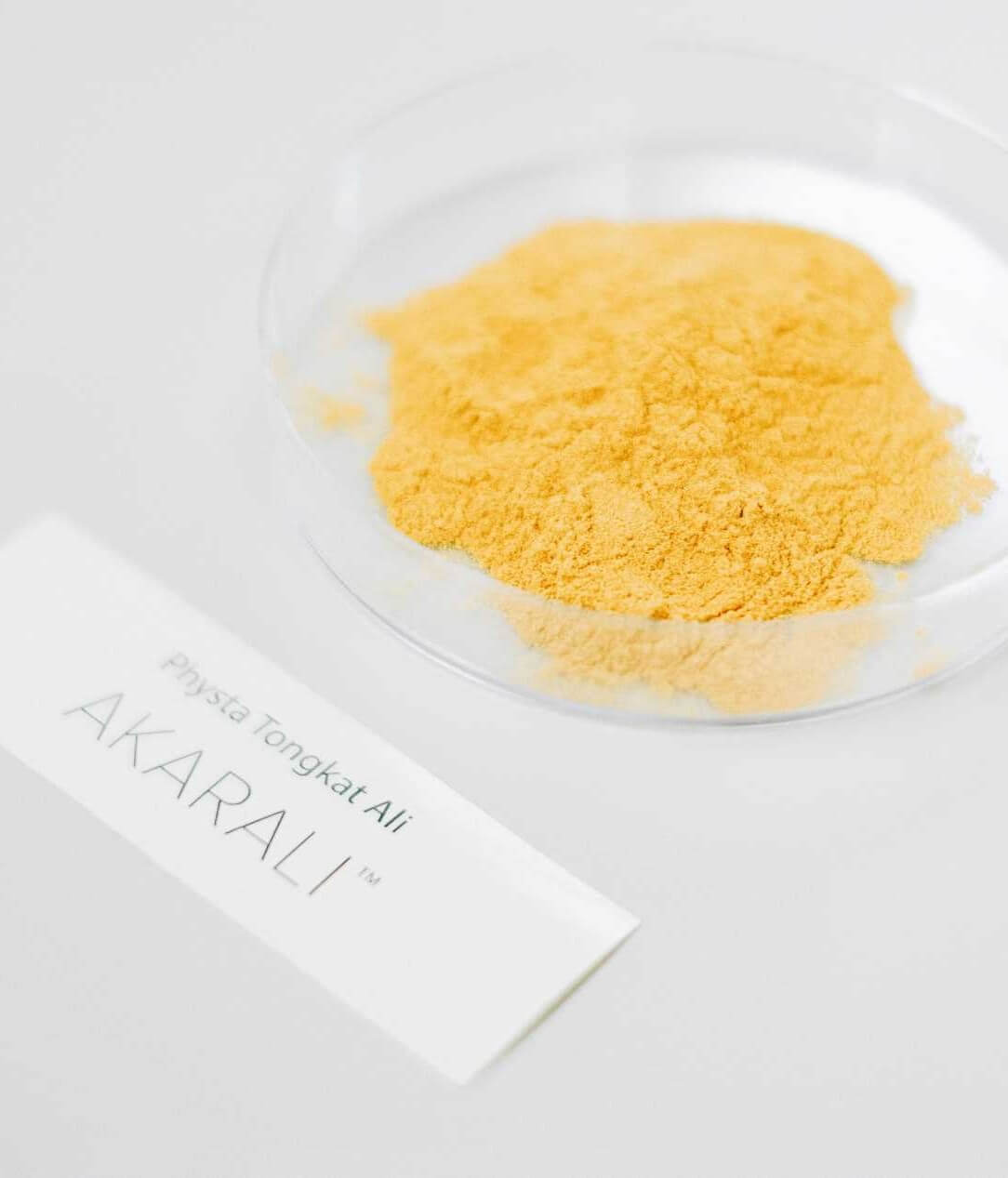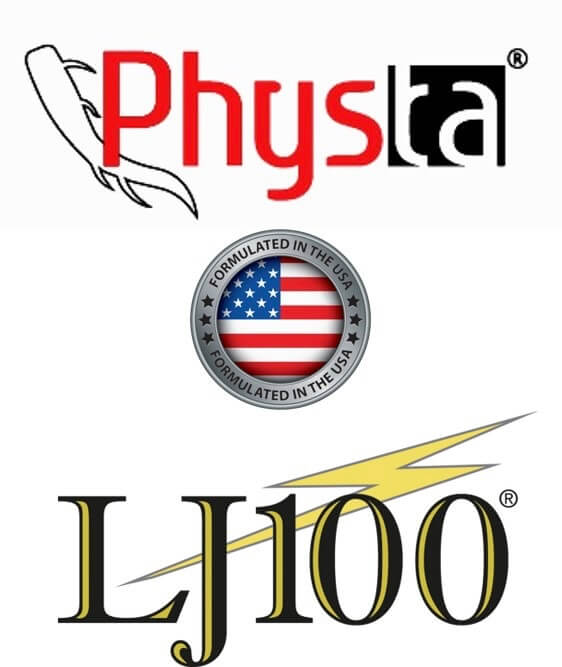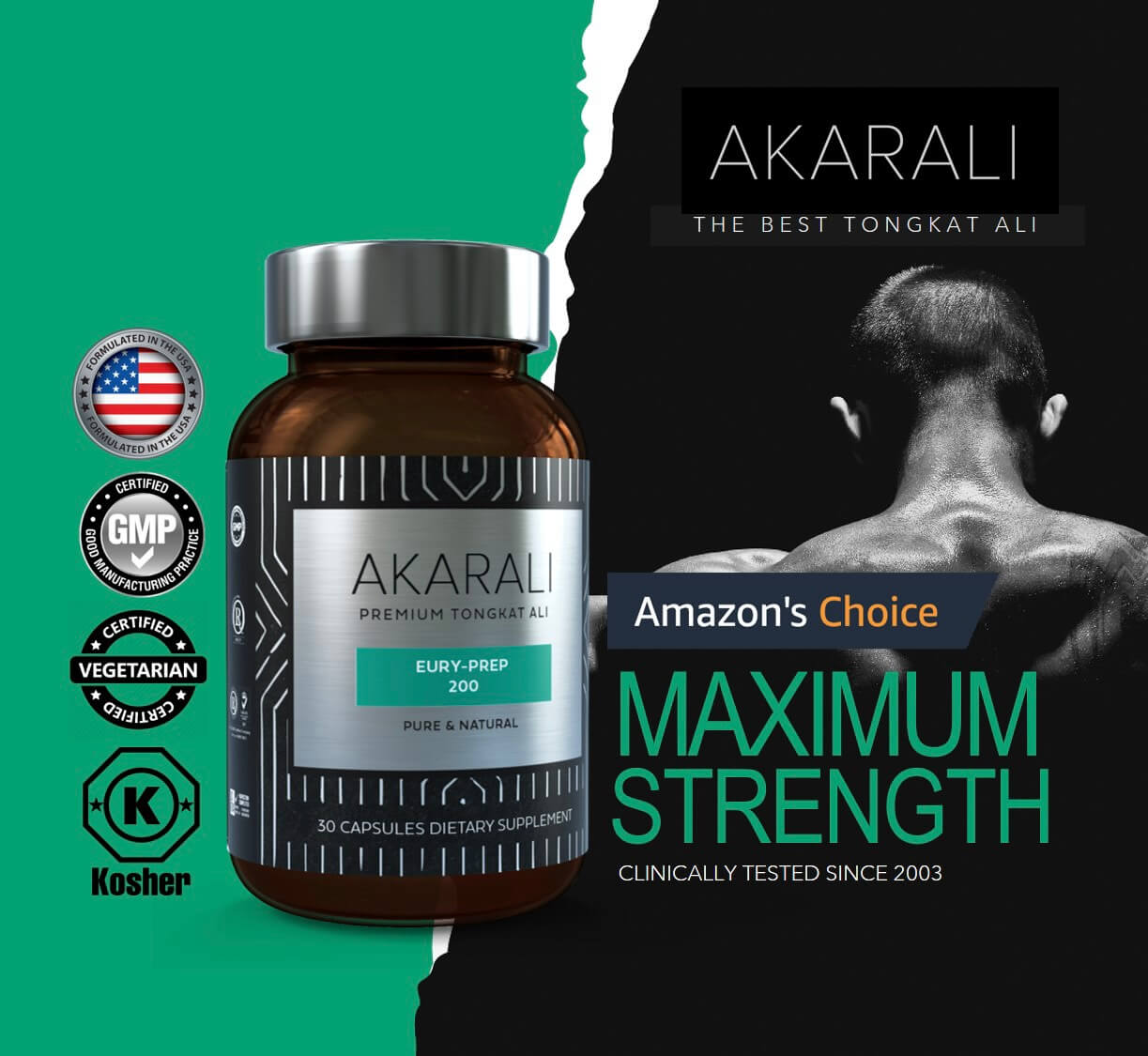

One question that has arisen more than once is the difference between LJ100 and AKARALI® Physta™ standardized hot-water Tongkat Ali root extract. Both LJ100 and Physta are synonym to Tongkat Ali aficionados; a premium Tongkat Ali extract that is popular amongst herbal purists, functional health coaches, researchers and discerning consumers.
This article goes deep into reviewing LJ100 Tongkat Ali vs other Tongkat Ali extracts, and whether the differences between LJ-100™ Tongkat Ali compared to Physta™ Tongkat Ali are worth noting when buying a premium potent Tongkat Ali.
LJ-100® is a standardized Tongkat Ali LongJack (Eurycoma Longifolia) extract derived from Physta® Tongkat Ali, recognized as the world’s first MIT-formulated standardized hot-water extract.
LJ100 or Physta is a technology extract derived from the world’s first global Tongkat Ali research partnership between MIT and the Malaysian Government in 2000.
In other words, LJ100 Tongkat Ali extract has similar technical specifications; i.e bioactive ingredients, and subjected to the same quality protocol as it contains Physta™ Tongkat Ali extract which is produced in Malaysia. Currently, Physta is marketed by HP Ingredients under the LJ100 trademark solely for the US and Northern American markets.

The commercial agreement in the late 2000s enabled US-based HP Ingredients exclusive rights to market and sell Physta™Tongkat Ali pure root extract in the powder form under a white-labelled LJ100™ brand to nutrition companies, OEM manufacturers and independent brand owners in the US and in North America.
LJ100 Tongkat Ali is worth buying if you can afford premium extract, that is clinically tested with highest safety limits compared to most generic extracts in the US market.
You may also opt for cheaper Physta™ AKARALI (i.e known as LJ100 in the USA), which is renowned for its single-origin mature handpicked roots, clinically tested potency coupled with stronger customer base in more than 60 countries worldwide.
AKARALI® uses patented Physta or LJ100 Tongkat Ali extract available in 200mg per capsule, which is also found in DoubleWood Tongkat Ali LJ100 at 100mg per capsule, and CHOQ LJ100 Tongkat Ali, both sold in 100mg per capsule.
The advantage of having dosage-optimized 200mg per capsule makes AKARALI’s Physta Tongkat Ali an optimal supplement for testosterone, libido, energy and mood boost if you are seeking an alternative to LJ100.

There are no distinct technical differences between LJ100 Tongkat Ali supplements vs Physta® Tongkat Ali extract.
However, users are warned against growing fake Tongkat Ali and scams in the US, where products contain diluted extract, often with the addition of rice fillers, binders, or excessive maltodextrin to reduce the production cost.
Industry observers and experts reported that third-party US-based Tongkat Ali supplement manufacturers are known for producing diluted herbal extracts which are often marketed as 600mg, 800mg or even 1,200mg of Tongkat Ali per capsule in order to maintain a hefty margins.
“The practice of mixing potent standardized premium extract with lower generic Tongkat Ali extract (100:1 or even 50:1) happens often in the US which destroys the true potency of Tongkat Ali” says Dr. Zamir Hillman, a certified doctor.
This form of economic adulteration is conveniently practiced to drive lower cost and with a higher margin, but in expense of value to the customer.
On the other hand, consumers prefer buying Physta Tongkat Ali directly from AKARALI as it adheres to the stringent Tongkat Ali Quality Standards MS2409, published by the Malaysian authorities to ensure the highest purity and potency.
This landscape prompted many US consumers switching to buying quality pure Tongkat Ali extract root directly from Malaysia as the preferred option.
Since LJ100 (or Physta) Tongkat Ali extract is produced from the same factory in Malaysia, there are no compromises on quality and safety standards.
Rigorous test procedures for contaminants, heavy metals, and other impurities are conducted on LJ100 or Physta extract before exporting to the US. However, individual private labels or manufacturers are responsible for further quality checks on the finished goods.
According to functional health coaches, most LJ100 or Physta Tongkat Ali supplements are clinically tested and 3rd party lab tested for impurities, harmful additives, and illegal substances, making it the most reputable Tongkat Ali extract in the US market.
For instance, AKARALI Physta supplements are 3rd party lab tested by EUROFINS against harmful additives, illegal substances and toxicity. The brand places a strong emphasis on quality assurance throughout the entire production process, chromatography tests and adhering to stringent quality control measures to guarantee purity, potency, and safety to match or exceed the standards offered by other private labels and large US supplement brands.
LJ100 Tongkat Ali sources its extract from Physta™, a proprietary US-patented hot-water standardized Tongkat Ali extract originally developed through a joint research partnership between MIT and the Government of Malaysia. LJ100 is the sole distributor of Physta in North America under a long-term commercial agreement.
According to research studies published on HP Ingredients’ website, the LJ100 Tongkat Ali (or otherwise known as Physta in other parts of the world), improves testosterone and other hormonal parameters in men, making it one of the best natural testosterone boosters in the market that is clinically tested to work.
We noted that some of the claimed health benefits of using LJ100™ Tongkat Ali extract are shared from the original Physta™ clinical studies which were conducted and published many years ago.
There are reported cases of nausea, jittery, headaches and diarrhea when consuming LJ100 Tongkat Ali supplements which may be caused by the addition of excessive maltodextrin or synthetic fillers during the filling / encapsulation process. Higher dosage of maltodextrin found in Tongkat Ali capsules may cause gastrointestinal symptoms, such as gas and diarrhea due to sugar spikes that cause further cramping and bloating too.
It is important to conduct your own assessment before buying LJ100 Tongkat Ali products in the United States or Canada. Please consult your healthcare professional before consuming Tongkat Ali.
LJ100 or Physta Tongkat Ali is one of the most reputable extract you could buy in the market. And with growing claims of health benefits of Tongkat Ali, there are still risk of dilution, cost-cutting measures, and supply chain compromises by manufacturers that may not bring you the true value of this herb.
AKARALI assures that you are getting the best natural and organic Tongkat Ali extract, directly from the source, without worrying about dilution or excessive addition of fillers or maltodextrin that alters its potency or efficacy.
Whilst LJ100 is the same as the original Physta™ on paper, it is still considered one of the best Tongkat Ali standardized extracts you could buy in the US.
You could now buy LJ100 (Physta) standardized hot-water Tongkat Ali root extract at unbeatable prices with our dose-optimized 200mg per capsule at our online Tongkat Ali shop with worldwide delivery in 5 days.

Alex Kua leads AKARALI’s Global Partnership Community to help athletes, sports communities, and thousand of others optimize their well-being through evidence-based research that enables them to make better informed decisions. His legal and business consulting background underpins the rigorous data-driven approach in his writing – from hours of interviews, real-world performance data, and firsthand experiences of real people – offering actionable insights that connects clinical research, emerging health trends, and real-world applications. He is also an experienced researcher in herbal nutrition, with years of deep technical knowledge on Tongkat Ali (Eurycoma longifolia), including quality standards, industry benchmarks, lab tests, clinical trials, and the use of natural herbs by collaborating with top scientists, herbal experts, and nutritionists. As part of the core team behind AKARALI’s knowledge portal, he empowers people worldwide to access the benefits of high-quality herbal nutrition in a way that is effective, sustainable, and safe. He is also an avid runner, with regular participation in local sports communities and running events.
Our articles are third party reviewed by our panel of experts and medical advisors to ensure the facts are accurate and credible. These are validated against multiple source references which include but not limited to research studies, peer-reviewed journals, pre-clinical studies, clinical tests and other credible publications.
Our panel of medical advisors and experts are highly experienced in their individual fields. However, they do not provide any medical advice or recommendations arising from content published in this article.
Disclaimer:
The content published on this website is for educational purposes and should not be viewed, read, or seen as a prescription or constitute any form of medical advice. We recommend you consult your nearest GP or doctors before consuming Tongkat Ali or any products which contain Tongkat Ali. For further information, kindly refer to our Frequently Asked Questions (FAQ) for more information.